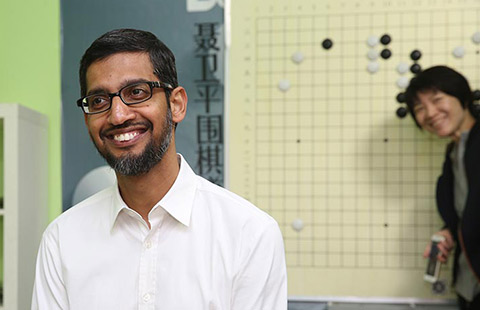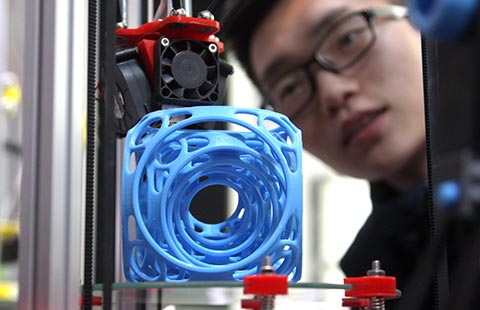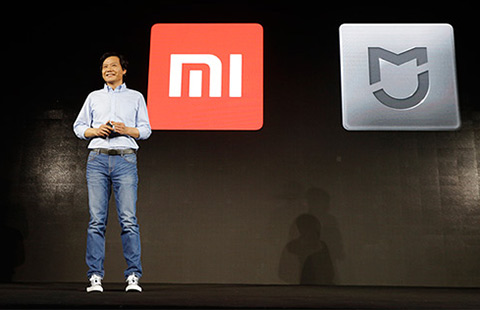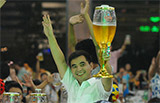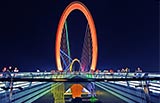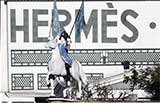Time for EU to grant China market economy status: expert
(Xinhua) Updated: 2016-03-31 17:14"Moreover, after the global crisis, China has opted for market-driven structural reforms, which continue to linger in the US, Europe and Japan," Steinbock said.
Besides, Chinese competitiveness is no longer just about cheap prices, but also about innovation hubs. Despite its huge population, China's research and development spending per GDP today is higher than that of the EU on average, he said.
For the EU, granting China MES is a politico-legal decision, not an economic one, said the expert.
Washington reportedly warned Brussels not to grant China MES. However, the US arguments against China's MES are similar to what were used unsuccessfully a year ago against the Asian Infrastructure Investment Bank (AIIB), Steinbock said.
A not-for-profit multilateral development bank initiated by China, the AIIB was officially established in December and started operating in January.
Seen as a challenge to US efforts to maintain its grip on the world's leading multilateral economic institutions, the AIIB was blocked by Washington, which tried to marginalize the bank's impact and urged other Western countries to follow its lead and steer clear.
But the strategy failed with 57 countries including Australia, Britain, France and Germany becoming the AIIB's founding members. Now there are more than 30 countries waiting to join the bank.
"Typically, the key countries that still regard China as a non-market economy include the US, its NAFTA (North American Free Trade Agreement) partners (Canada, Mexico) and security allies (EU, Japan), along with India. This opposition is fueled less by economics than geopolitics," he said.
To date, more than 80 economies have recognized China's status as a market economy, including Russia and Brazil, as well as such advanced economies as Switzerland, Singapore, Australia and New Zealand.
China now is the EU's second largest trading partner and one of the biggest markets for the 28-member bloc, Steinbock said, adding that Brussels' MES decision will keep pace with the EU-China relations for years to come.
Steinbock has served as research director of International Business at the India China and America Institute and visiting fellow at China's Shanghai Institutes for International Studies and Singapore's EU Center.
- Chinese president's Czech visit to add impetus to bilateral ties, '16+1' cooperation
- Jinjiang footwear expo opportunity for sport companies
- Denmark ready for China's new growth model: ambassador
- Chinese shares close slightly higher - March 31
- Gree agrees to pay $15m penalty to US safety authority
- Bank of China plans to officially open Prague branch in April
- McDonald's looks for strategic partners as it eyes bigger bite
- Google CEO Sundar Pichai visits China's Go school

